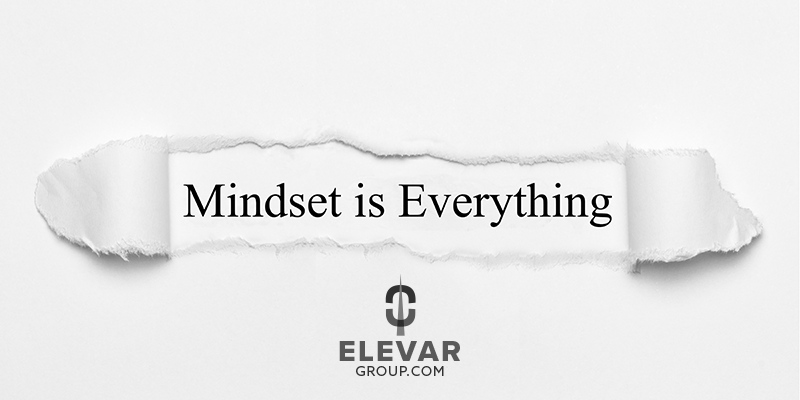What’s the shortest distance between a goal and an outcome? The answer lies in your question.
Helping clients define what they want is one of the coach’s most important jobs. It’s also one of the hardest. Most people haven’t been trained in how to set goals.
Even clients who know the old S.M.A.R.T. goals model tend to ramble, delete, or over-generalize when asked the fundamental question, “What do you want?”
Coaches need to ask even smarter questions to shorten the distance between a client’s desires and results. Which brings us to the purpose of this blog.
Today and in the next five posts, I’ll be sharing six key questions from a coaching model I developed called The Intelligent Outcome.™ This model emerged from my studies of neurolinguistics and success. I use it at the start of every coaching engagement. I also teach it at the start of my April 15 webinar for the Elevar Group.
What is an Intelligent Outcome? It’s what your clients get from answering six specific coaching questions. Each question is designed to satisfy one key success criteria. When all six criteria are met, your client has an Intelligent Outcome.
Let’s start with the first success criterion: Positive. The client’s answer to our first coaching question — “What do you want?” — must be stated in positive terms.
We’ve all had clients answer our positive question with negative statements like:
“I don’t want this job anymore.”
“I don’t want to be in this relationship.”
“I don’t want to keep feeling this way.”
“I don’t even know what I want.”
Neurologically speaking, the brain can’t achieve a negative goal. Just the opposite, in fact. Tell your brain all the way to the grocery store, “Don’t forget the milk.
Don’t forget the milk. Don’t forget the milk,” and what happens? You forget the milk.
It’s been said that our brains drop negative words such as don’t, won’t, and can’t from a sentence like discarded cigarette butts, and converts the negative statement into a positive command. The brain then focuses on what it thinks we want it to do: “Forget the milk.”
Whether or not that’s scientifically true, it’s useful to catch and convert negative statements into positive ones before they reach the brain. It’s also highly intelligent.
Watch for our second Intelligent Outcome question next week.

